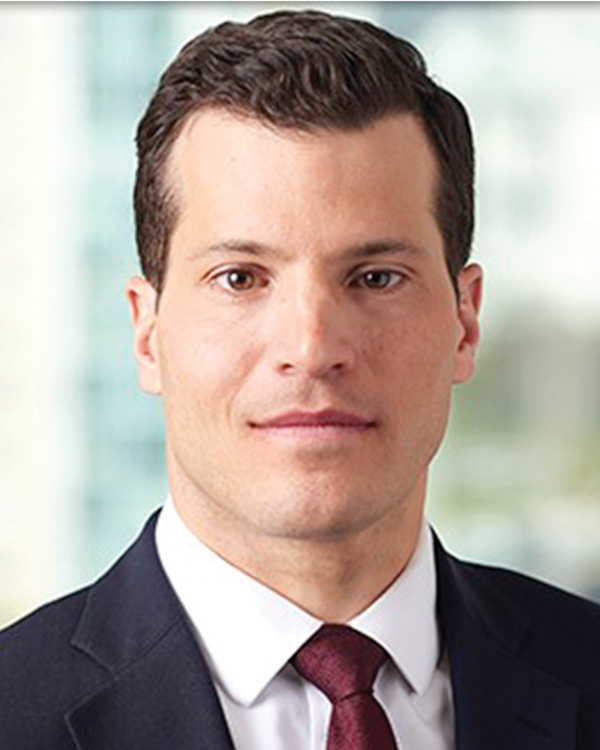

Retailers today are both redefining the role of physical stores as well as changing how they interact with customers. This article focuses on how real estate attorneys who understand the changing nature of retail development and the different tools that are available in structuring the legal framework of a project can help their developer clients adapt to, and be on the forefront of, modern retail developments.
Imagine you are a real estate attorney and your client comes to you with a plan to redevelop an existing mall or traditional big box power center into a mixed-use project with office, retail, residential and hotel components. The project involves constructing multiple buildings on a single lot of land. As a real estate attorney, this is a dream project that will require not only your understanding of legal concepts but also the ability to be creative in order to achieve your client’s goals.
Here are some of the questions that should be going through your mind as your client explains the project:
• Does your client intend to own the entire project or separately develop, sell, own and finance component parts?
• Can the property be legally subdivided in order for each building to be situated on its own legal lot of record?
• Does the jurisdiction in which the project is situated allow for land condominium units?
• What challenges do existing use restrictions and cross-easement documents present?
In many cases, it can be beneficial to have each building in the development situated on a separate legal lot of record, each of which is governed by an underlying reciprocal easement agreement that allows the property to be operated as a single comprehensive development.
If a traditional subdivision is not an option (or not optimal) due to zoning requirements or site restraints, there are other possibilities that should be explored. Depending upon your jurisdiction, you may be able to utilize a land condominium form of ownership. If your jurisdiction does not permit land condominium units, then a commercial condominium with phasing rights may be the most appropriate legal structure for your project. This is where things really get fun and exciting and where an experienced and creative attorney can add real value to the project!
Below are some key topics to analyze and discuss with your client in determining how to structure the project:
Will there be different uses within each building?
If so, an initial threshold question will be whether to treat each building as a master condominium unit with sub-units within each building or treat each separate use within a building as a primary condominium unit. This crucial question should be part of a substantive conversation with your client.
Will this project have phases?
Most large-scale projects are constructed in phases, which can often be accomplished. However, careful attention to the applicable condominium act is critical to ensure that the approach you take is supported by the condominium statute that has been adopted in your jurisdiction.
Will your client be developing all aspects of the project?
It may be the case that your client is predominately an office developer and would prefer to sell the retail or hotel components to a developer with that specific expertise. In that case, your role as an attorney will be to create phasing rights within the condominium documents that will enable your client to sell phasing rights before a phase is even constructed (but see preceding bullet point regarding the condominium act in your jurisdiction).
How will retail tenants react to this underlying ownership structure?
Retail tenants are often accustomed to situations where their landlord owns the entire shopping center and can agree to standard retail lease provisions. In a condominium regime, the tenant’s landlord may own only the unit within which the tenant is situated and not the entire property, which impacts how certain covenants will be handled. Our job as creative practitioners is to structure the condominium documents and retail leases in such a way that the underlying ownership structure is honored while at the same time making the retail tenants comfortable with the structure.
Once constructed, how will the project be operated?
In a condominium regime, a board of trustees or similar organization will take over the maintenance, repair and replacement of common elements and other property-wide obligations and assess a fee to each unit owner. In a commercial mixed-use condominium project, special consideration should be given to the composition of the Board of Trustees and which unit owners have a seat at the table when making decisions on matters relevant to the entire development.
This article presents just a taste of the issues and considerations to be fleshed out when working on a complicated mixed-use redevelopment project. It is no secret that retail landlords and developers face great challenges with enormous disruption coming from online retailing and shifts in demographics and consumer preferences. However, these challenges also present terrific opportunities for those who see the trends and can adapt quickly to a changing environment.
John Pariseault and David Tracy are partners in the real estate practice and co-chairs of the retail practice group for Hinckley Allen.








